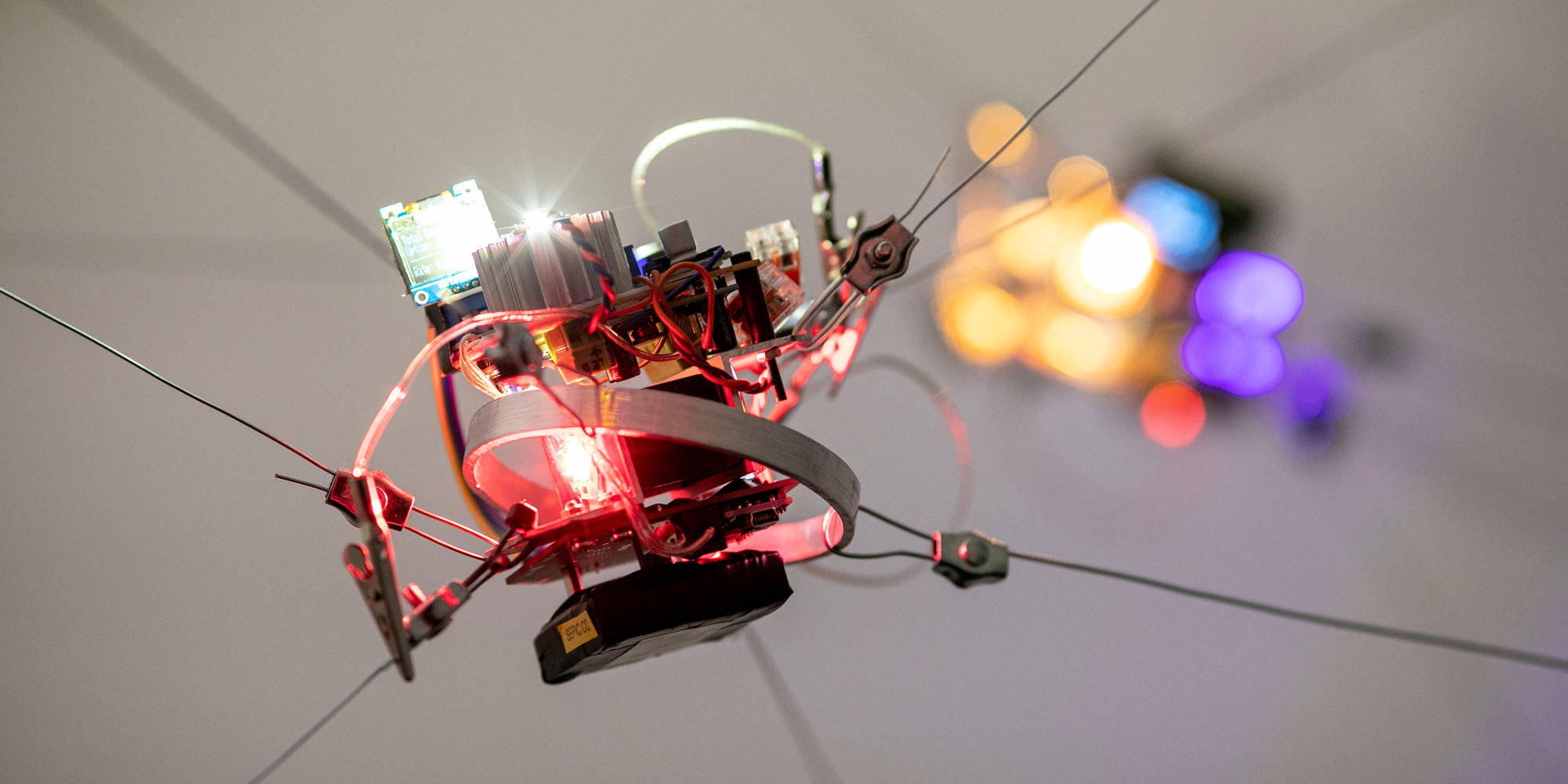Panel discussion
For nearly half a century, we have been talking about the transformative power of art which engages our senses, allowing us to understand reality beyond the ideologies characterized by rationalism, utilitarianism and productivity. Nonetheless, we have only recently made some attempts to systematically traverse social activities outside pure art and culture. The dialogic character of artists and researchers in discovering and making sense of new insights gives science its fundamental thrust, while art, crossing over various new technological solutions, holds up a mirror to the latter and calls for critical reflection. Contemporary investigative art makes it possible to reflect upon the effects of science and technology on modern society, allowing art practice to contribute to the development of solutions that are more nature- and human-friendly.
In order for demands for safer, more reliable and more durable technical solutions to break through the silo of the technologically culturalized public, and for these demands to be finally internalized by research institutions and industry, it is necessary to mainstream this technologically culturalized capital. However, this should not be done by simplification and commodification but by systematic investments in the education of new generations who will empower themselves for a critical use of old and new technologies through investigative learning.
In this panel discussion we intend to look at the experiences of establishing konS ≡ Platform, a national network of institutions as hubs of investigative learning, radical art-making and translating art ideations into possible innovations for a more ethical coexistence of technologies, man and nature, by comparing it with the experience of two other platforms – Ars Electronica in Linz and the Waag Society in Amsterdam, which intensively engage in the inclusion of all social groups into the processes of critical societal transformation. With our collocutors, we will talk about the need of producing breakthrough art projects, about connecting knowledge centres and researchers with artists, and about translating artistic ideations into innovation processes for the industry of the next century. We will also address what it means to retain artistic integrity in these processes and whether it is even possible. Could these changes happen in a few years, or do they require a decade or more to flourish?
Video
Credits
Kersnikova Institute [Kapelica Gallery + Rampa + BioTehna + Vivarium] (SI), Projekt Atol Institute (SI), Ljudmila Art and Science Laboratory (SI), Aksioma Institute (SI), Cona Institute (SI), University of Nova Gorica – School of Arts (SI), Youth Cultural Centre Maribor (SI), Youth Centre Velenje (SI), LokalPatriot Novo mesto (SI)


